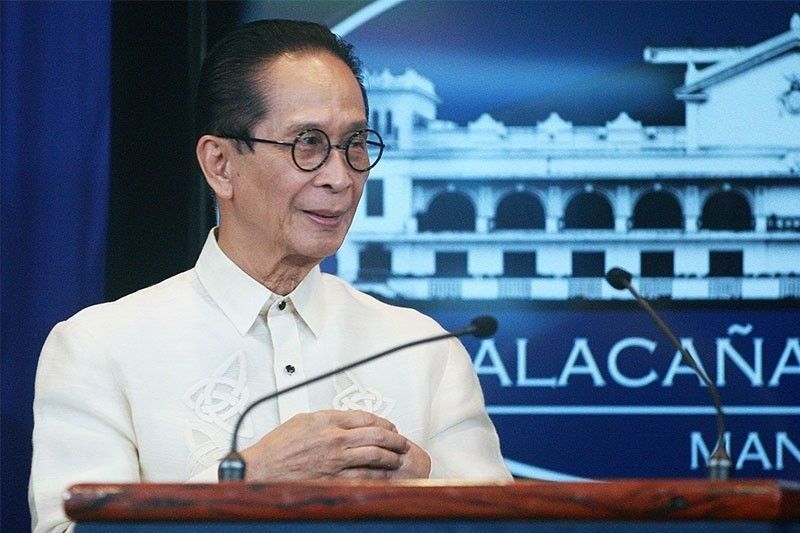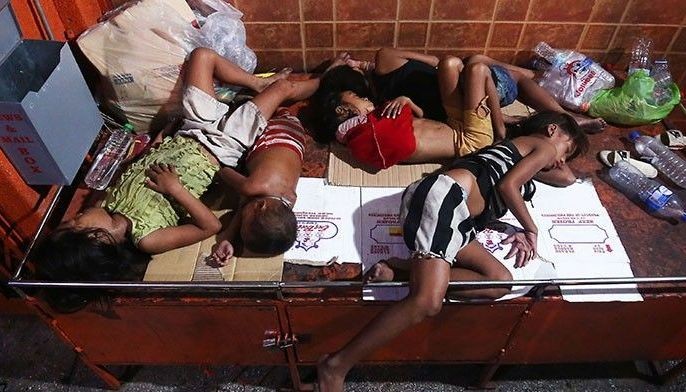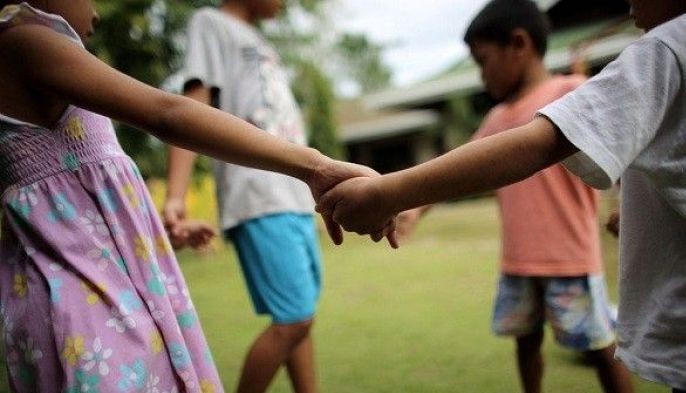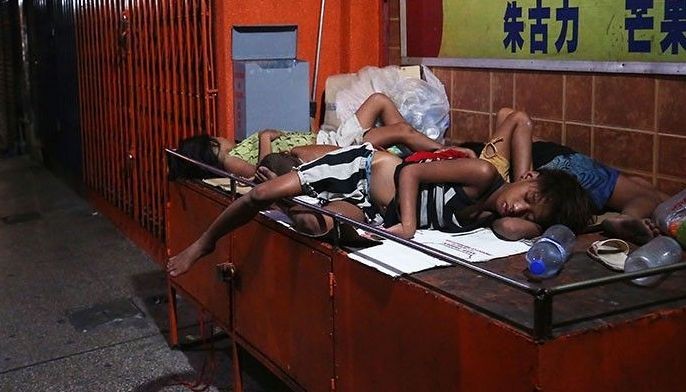Palace hits Callamard for label on lowering age of criminal liability ‘dangerous, deadly’

MANILA, Philippines — Malacañang on Wednesday slammed anew United Nations special rapporteur Agnes Callamard for branding as “shameful” the proposal to lower the age of criminal responsibility in the country.
In a tweet Monday, Callamard—who has repeatedly criticized policies under the Duterte administration, particularly the extrajudicial killings connected with the brutal drug war—called the proposal “dangerous and potentially deadly.”
Thank you to @UNICEF for this crucial reminder: the lowering of criminal responsibility to 9 years old is #Philippines new dangerous and potentially deadly proposal. Just shameful. https://t.co/GzalKkXc6f
— Agnes Callamard (@AgnesCallamard) January 21, 2019
Presidential spokesperson Salvador Panelo accused Callamard of speaking on the issue without educating herself on the content of the proposed bill.
“What is ‘dangerous and potentially deadly’ is her intrusive and ignorant theorem on how a sovereign state deals with its problem with criminality,” Panelo said.
Duterte’s mouthpiece added: “Dr. Callamard would do well by restraining herself from using her UN post in continuing her interference in the country’s domestic affairs while waging a political agenda of demolition against the president through her obviously unstudied accusations and parroting false information, a process that certainly diminishes the credibility and respectability of the UN special rapporteur mechanism.”
In December last year, Panelo claimed without proof that UN has been used by groups critical of President Rodrigo Duterte as a “tool for vilification” after one of its independent experts expressed concern over the situation of human rights advocates in the Philippines.
Moreover, the Palace usually dismisses criticisms from groups and individuals abroad as meddling with the country’s affairs.
Highlights of the bill
Under the controversial bill approved by the House justice committee Monday, children as young as nine years old who commit serious crimes would be mandatorily confined for rehabilitation at Bahay Pag-asa—youth care facilities for children in conflict with the law.
It wants child at least nine years of age but below 18 be exempted from criminal liability and be subjected to an intervention program unless they acted with discernment. If found to have acted with discernment, “such child shall be subjected to the appropriate proceedings.”
Discernment, as defined by the Rule on Juveniles in Conflict with the Law, is the “capacity of the child at the time of the commission of the offense to understand the differences between right and wrong and the consequences of the wrongful act.”
The proposed measure also states that those who exploit children for crime would face 12 to 20 years if the crime committed is punishable by imprisonment of six years or less. If the child in conflict with the law commits a crime where the punishment is more than six years in prison, his or her exploiter would be jailed from 20 to 40 years.
Panelo, echoing the proponents of the law, insisted that the proposed bill is intended to protect children against criminals who victimize and coerce them to become offenders.
“The proposed law will deter criminals from using children as their accomplices or in treating them as pawns in committing crimes,” he said.
Justice Secretary Menardo Guevarra on Wednesday said that his agency already submitted its position on the issue of lowering the age of criminal responsibility to the Office of the President. “We'll leave it to Malacañang to process our recommendation and make it known."
But some lawmakers and groups—especially those advocating a more “restorative” handling of children in conflict with the law—stressed that the bill is an act of violence against children and appealed for a strengthened implementation of the current juvenile justice law.
They also stressed that children in conflict with the law are not criminals but victims who should be supported and accorded appropriate intervention and rehabilitation. — Gaea Katreena Cabico
- Latest
- Trending































